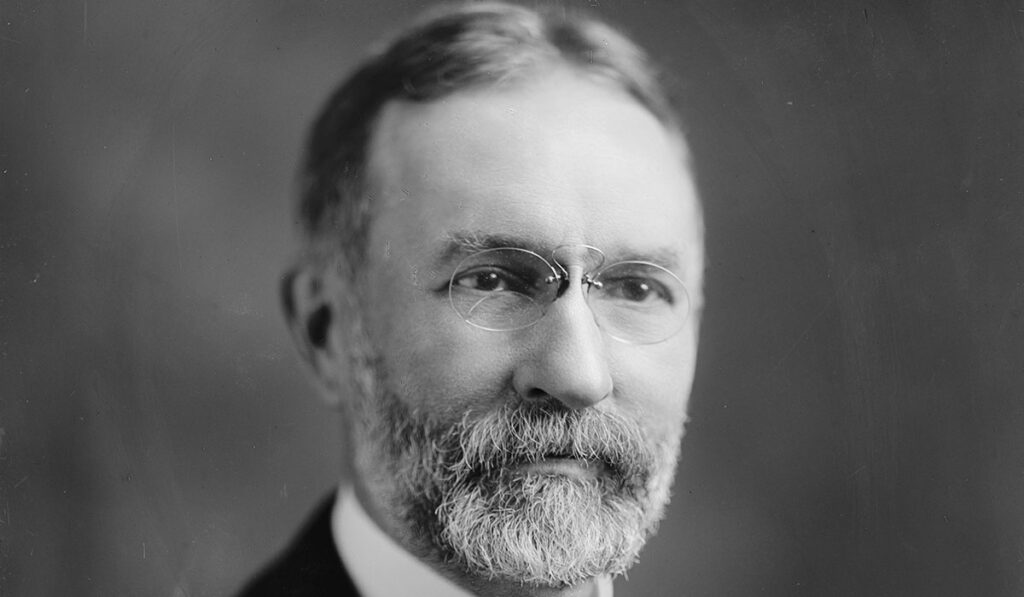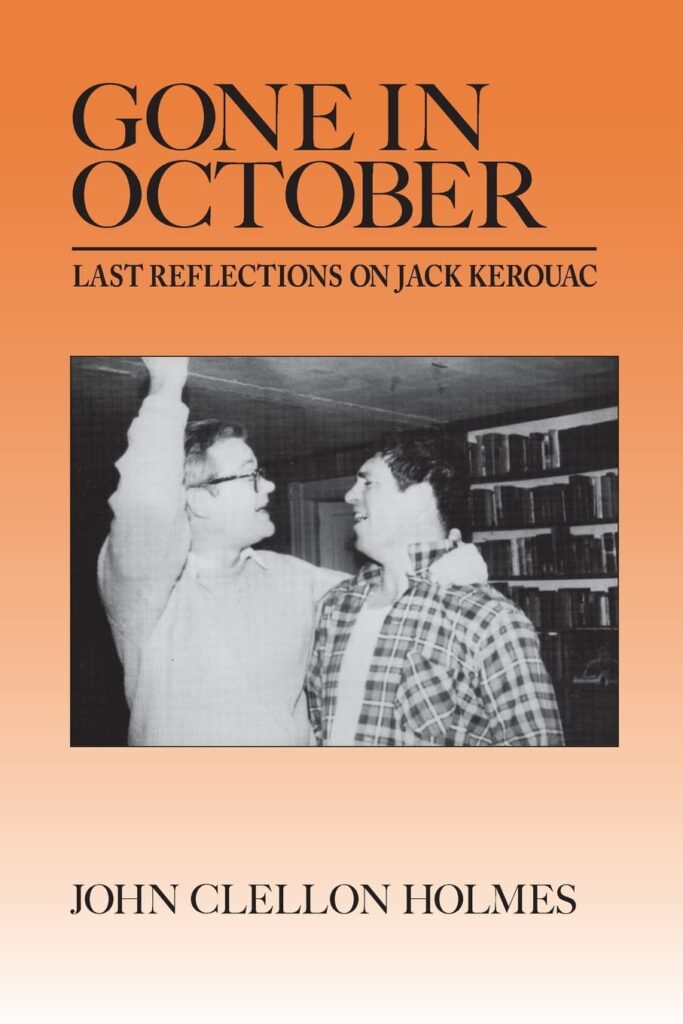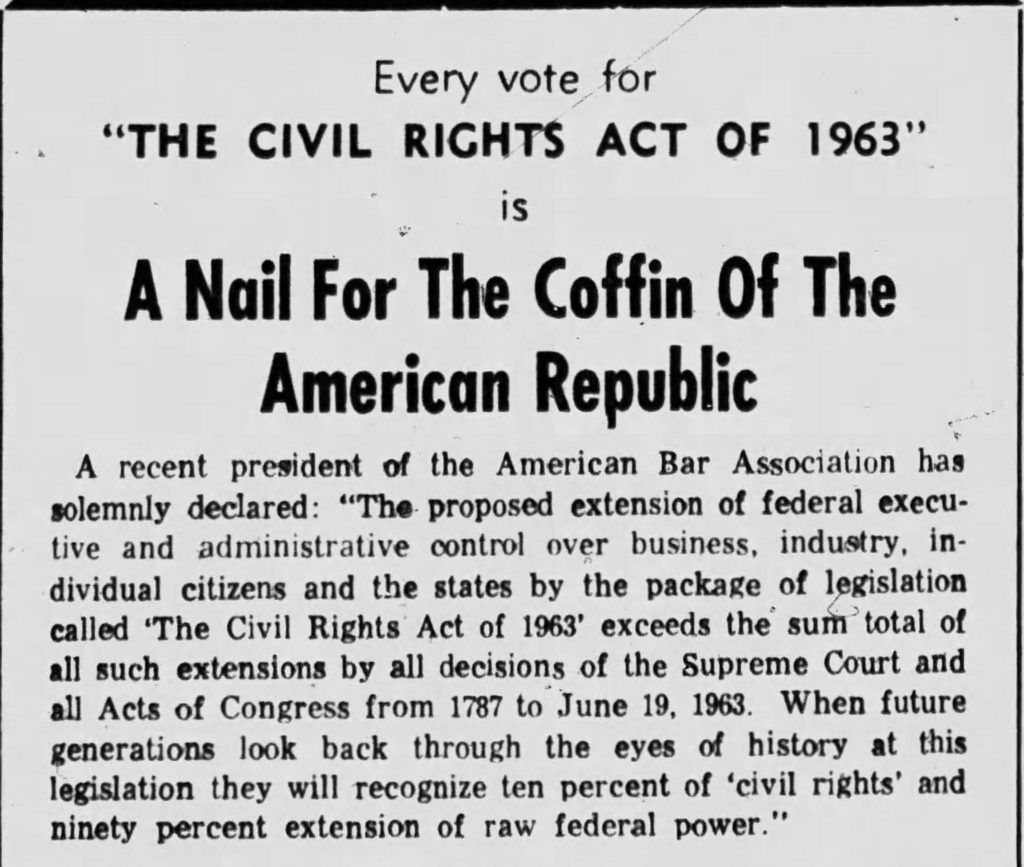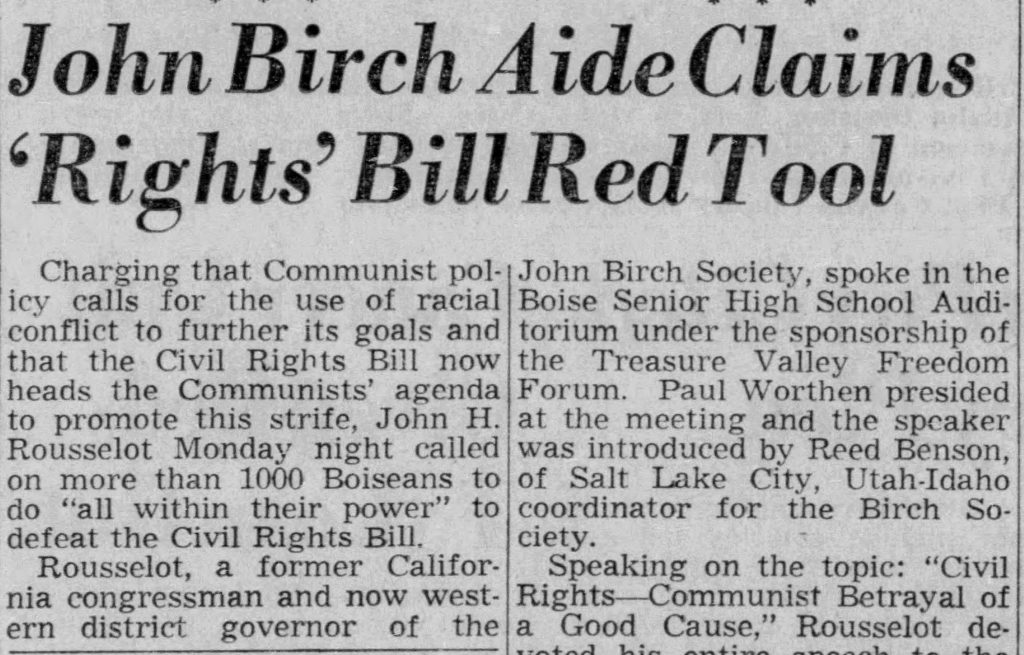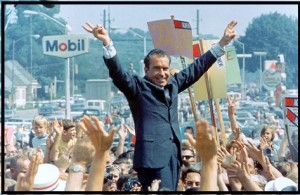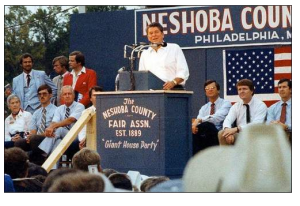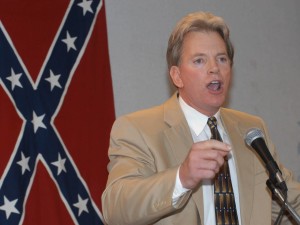“It is clear to us based on the gear that the individuals had with them, the stuff they had in their possession and in the U-Haul with them, along with paperwork that was seized from them, that they came to riot downtown,” said Coeur d’Alene Police Chief Lee White.
It’s not every day you see a Pacific Northwest law enforcement official make such a statement. Get used to it. You’ll see something similar again soon, likely many similar things.
The 31 members of the white supremacist group calling itself Patriot Front who were arrested last week at a northern Idaho Pride Day celebration may seem, at least at first blush, to be little more than a handful of neo-Nazi losers and cranks, white men who hate the idea that the United States is a nation of ethnic and religious diversity. But it would be a mistake to dismiss these dangerous men as anything less than what they are: domestic terrorists.
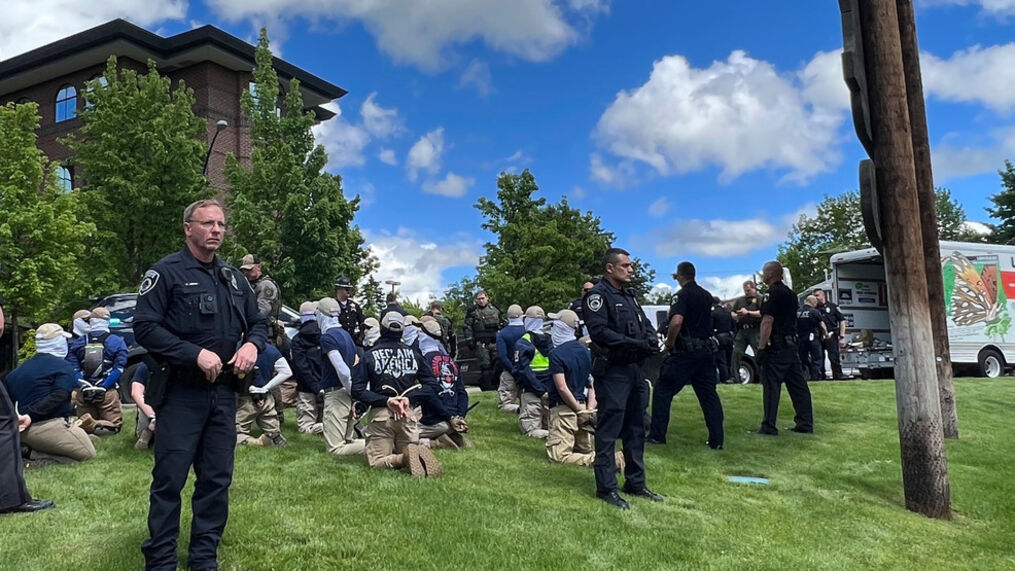
Patriot Front’s “manifesto” states the group’s aspirations in language that would please the old Aryan Nation’s bigot, Richard Butler. “A nation within a nation is our goal. Our people face complete annihilation as our culture and heritage are attacked from all sides.”
The leader of the group – its membership is estimated at a few hundred young men spread across the country – is a Texan named Thomas Ryan Rousseau. Rousseau first came to prominence in Charlottesville, Virginia in August 2017 when some of his followers participated in the infamous “Unite the Right” rally.
Not long after that shameful racist gathering – then-President Donald Trump excused the violence as a protest against removal of Confederate monuments even as one life was lost as torch bearing marchers chanted anti-Semitic slogans – Rousseau said: “America our nation stands before an existential threat. The lives of your children, and your children’s children, and your prosperity beyond that, dangle above a den of vipers. A corrupt, rootless, global, and tyrannical elite has usurped your democracy and turned it into a weapon, first to enslave and then to replace you.”

Trump’s comment that at Charlottesville there were “some very bad people … but you also had people that were very fine people, on both sides” was widely condemned, but also entirely excused by most Republican politicians. Since Charlottesville, Patriot Front and similar groups – the Proud Boys and Oath Keepers, for example, who led the January 6 attack on the Capitol – have grown more aggressive and more violent.
These radical, rightwing groups have become, as political scientist Barbara F. Walters has written, “conflict entrepreneurs,” who exist to create the kind of confrontation, provocative and potentially violent, that was barely avoided in Coeur d’Alene.
Walters, in her recent book How Civil Wars Start and How to Stop Them, writes alarmingly of the United States nearing the point where radical right groups engage in sustained violence, often marked by assassination attempts, ambushes and attacks on police or the military. They seek chaos, Walters believes, in order to destabilize a fractious and already troubled democratic system.
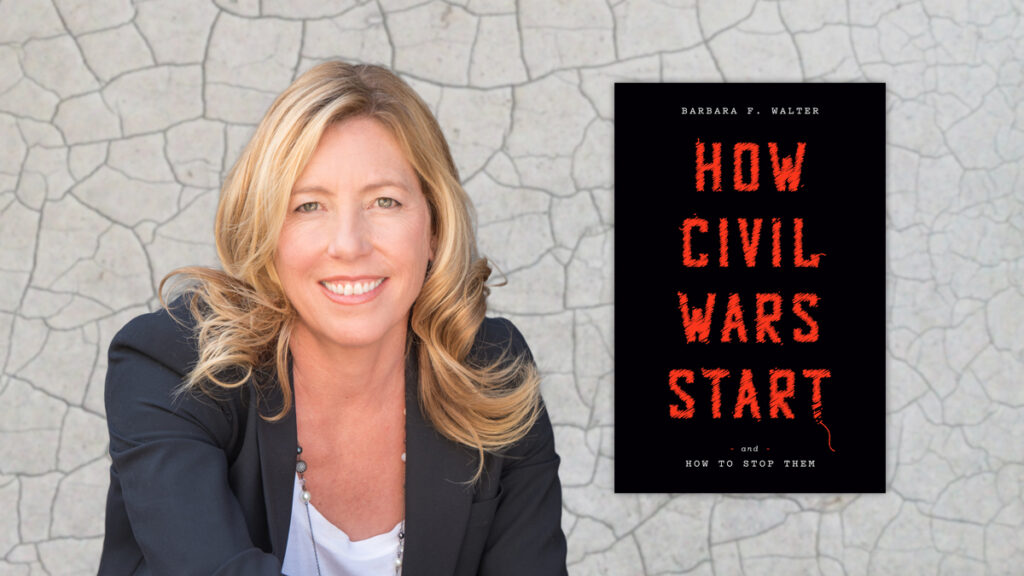
Walters and other scholars have documented the rise of such groups and their tactics around the world and contend the U.S. is entering a period of sustained rightwing violence, something the FBI has issued warnings about for years. Think of the sectarian “troubles” in Northern Ireland that fractured that divided land for a generation, or the tribal violence in Rwanda, or the still raging civil war in Syria.
Only a failure of imagination based on a clear-eyed understanding of what rightwing terrorism is capable of prevents most Americans from understanding the depth of this threat.
Patriot Front has demonstrated in Philadelphia, leafleted in Vermont and the campus of the University of West Virginia and led anti-immigrant protests in California. In Brooklyn a year ago, members vandalized a George Floyd statue and defaced a mural in Richmond commemorating Black tennis great Arthur Ashe. Patriot Front members have been involved in anti-abortion rallies, as well.
The group’s national reach and level or coordination is obvious given that those arrested in northern Idaho came from at least 11 states and just happened to show up packed into a rented U-Haul truck wearing hoods and carrying shields and apparently some weapons. The objective was clearly to provoke a confrontation, create chaos, grab headlines and then slink out of town.
So, what should Idaho officials be doing about these dangerous radicals? First: take them seriously – absolutely seriously. No longer ignore them. Do not fail to name what they are doing or denounce what they profess to stand for. This demands a full-on mobilization of state and local law enforcement and aggressive prosecution.
Instead, Idaho Governor Brad Little issued a mealy-mouthed statement extolling everyone’s right to peaceful protest and praised the police response. Little did not deplore the white supremacist agenda of Patriot Pride. The governor did not link the radicals to a growing national movement to disparage members of the LGBTQ community. And Little did not summon the courage to be outraged by members of his own party cheering on white supremacists and hate spreaders.
As Rebecca Boone of the Associated Press reported, “a lawmaker from the northernmost region of the state, Republican Rep. Heather Scott, told an audience that drag queens and other LGBTQ supporters are waging ‘a war of perversion against our children.’” That is an outrageous, untrue and dangerous accusation that deserves only censure.
The non-response by Idaho conservatives is a big tell. Brad Little and most Republicans are afraid of the radical right because they realize they constitute the growing racist and hateful wing of the GOP. They will come to rue their inaction because inaction will foster more hate.
Consider this: One of those arrested in Coeur d’Alene came all the way from Alabama. Doug Jones, a former Alabama senator and one-time prosecutor who finally brought to justice the racist Klan murderers of four little Black girls in a Birmingham church in 1963, issued a stern warning during an interview with the Idaho Capital Sun.
“There’s a reason they felt like they could do this. There’s a reason that a guy from Alabama went all the way out there,” Jones said. “There are gay pride events going on all over the country. Why did they pick Idaho? It’s because of a conservative government that they felt like they could do it and they would be part of the community as opposed to being an outlier. And … I believe all people in Alabama and Idaho are much better than that, and they believe in decency, civility and giving everybody equal opportunities.”
Maybe. We should hope so. But it’s equally possible the opposite is true. It was once said that “Idaho is too great for hate,” but hate now seems to be the state’s brand and Republican elected officials are empowering the hate.
—–0—–
Additional Reading:
A few other items I came across this week that may be of interest …
How the Crazy Plays in Wisconsin
A scathing piece here from the Wisconsin Examiner about the crazy “election fraud” investigation of a former Wisconsin Supreme Court justice, Michael Gableman. For months now Gableman has engaged in an expensive, nonsensical exercise to show that there was fraud in Wisconsin’s handling of the 2020 presidential election. The Big Lie has turned into a Big Con, as Gableman has spent hundreds of thousands in taxpayer dollars to only ensnarl himself in litigation, controversy and, as seems increasingly likely, legal contempt for not responding to demands for records.
Reporter Ruth Conniff:
“What is Gableman hiding? Keystone Kops-style incompetence, wasting money and coming up with nothing are the hallmarks of his ridiculous probe, which he and [Wisconsin House Speaker Robin] Vos justify as an effort to increase ‘transparency’ and public confidence in Wisconsin elections. We already know Gableman used the taxpayers’ funds to attend a conspiracy theory conference hosted by MyPillow CEO Mike Lindell and to visit Arizona to inspect its discredited audit.”
Clowns will clown. Here is the link.
Steve Bannon and the Politics of Bullshit
And speaking of bull excrement – Steve Bannon!
Damon Linker on the full-time provocateur and danger to the Republic.
“Bannon knows what he hates. Liberals. Progressives. The left. China. But what’s the alternative? It can’t be anything that resembles the Republican Party of the past, because he hates that, too. What then? He can’t really say. In place of a vision of a better world, he offers only negation. His ‘ideal’ future is one of leveling destruction—like the skyscrapers collapsing, one after another, in the final scene of the movie Fight Club. What comes after the skyline has been reduced to rubble, Bannon hasn’t a clue. All he knows is that he wants to be the one to place and detonate the TNT.”
Discount him as a crank, a grifter, an unmade bed of radical, neo-fascist garbage, but don’t think he is not one dangerous SOB. As Charlie Sykes of The Bulwark once said of Bannon: “A clown with a flamethrower still has a flamethrower.”
Trump’s useful thugs: how the Republican party offered a home to the Proud Boys
I stumbled across this excellent piece from 2021 in researching this week’s column.

“Dwindling enthusiasm for the militias and Patriot movement during the Bush era was transformed by the election of Barack Obama in 2008 and the development of the Tea Party, which according to the journalist David Neiwert, became ‘a wholesale conduit for a revival of the Patriot movement and its militias.’ This convergence proved fertile ideological ground: the radical libertarianism of the Tea Partiers intermingling with the chauvinism of the militias and their white nationalist allies, bonded with the conspiracy theories of Alex Jones, Fox News propaganda and what the historian Greg Grandin once described as ‘an almost psychotropic hatred of Barack Obama.’
“Many members of these groups would go on to become staunch Donald Trump supporters, and while the Republican party has traditionally sought to maintain a certain plausible deniability in its relationship with the fringe right, the Trump campaign threw open Pandora’s box, welcoming the avowed white supremacists, antisemites and fascists who stalked the ideological fringes of US politics.”
This Guardian story will help you understand the growing radical base of the modern GOP.
The January 6 Committee’s Fatal Connections
Garrett Epps in the Washington Monthly outlines why the January 6 hearings really, really matter.
“If I am right about this narrative strategy, future public hearings will show us a desperate, unmoored Trump reaching out for violent helpers—a through line between the president and the two neofascist street gangs, the Proud Boys and the Oath Keepers, who were the most aggressive and organized part of the mob that sacked the Capitol on January 6. On the one hand, we have the fascist leaders conferring in a parking deck; on the other, we have a president who seems to know that something big is about to go down.”
I do hope people are paying attention. Here’s the link.
Buchwald in Paris: Letters from Steinbeck, and an Invite to the Most Famous Wedding in the World
I’ve forever been a fan of the legendary humor and political columnist Art Buchwald.
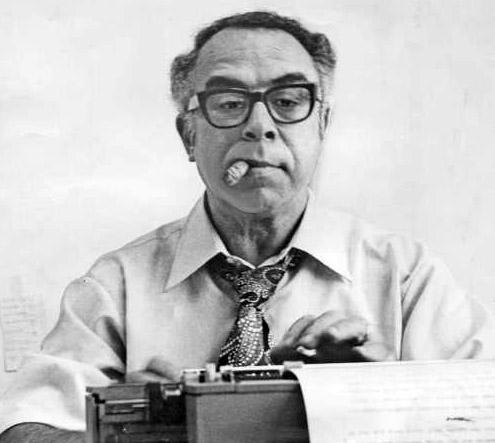
For a long time I had a Buchwald quote on my desk: “Lunch is the power meal in Washington, D.C.,” he once wrote. “It’s over lunch that the taxpayer gets screwed.”
I can’t wait to read this new biography of the man called Funny Business. This excerpt deals with the years Buchwald and his wife lived in Paris while he writing for the International Herald Tribune.
“They mingled with Ingrid Bergman; Audrey Hepburn; Lena Horne; Mike Todd and his beautiful young wife, actress Elizabeth Taylor; and the Duke and Duchess of Windsor. Ann and Art spent one bizarre evening with the Windsors when the Duke played recordings of ‘patriotic German songs’ and sang along with great delight. ‘He was a dimwitted man,’ Buchwald later wrote, ‘and I always believed England [owed] Wallis [Simpson] . . . for making him give up the crown.'”
Good stuff. The author is Michael Hill.
Back next week – God willing and the creek don’t rise. Be well. Thanks for reading.

